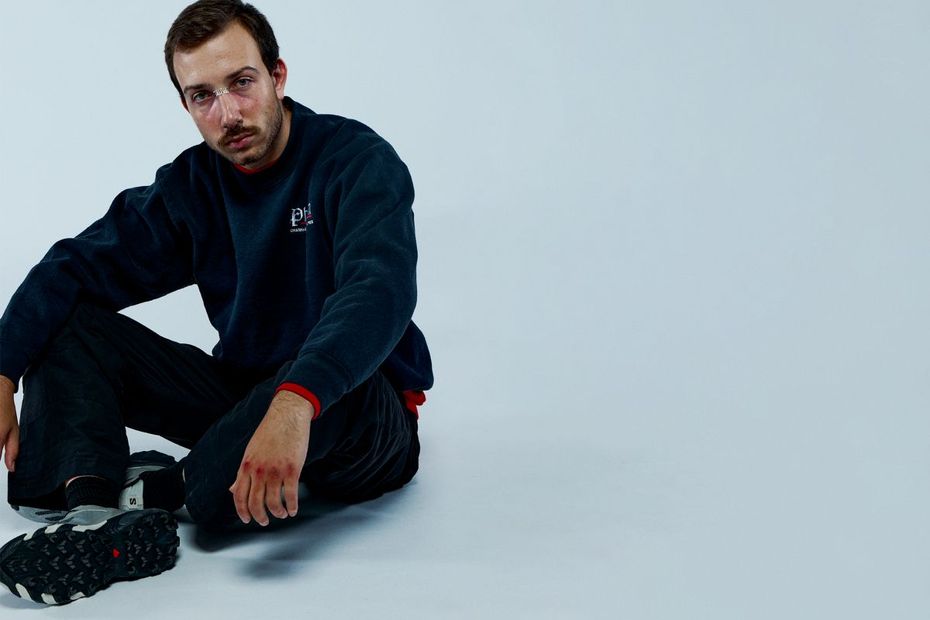At the end of the restrained, emotionally told Love Life Taeko and Jiro go for a walk outside. Sometimes they walk close to each other, sometimes there is a considerable distance between them. It is the perfect conclusion to a film that revolves around the (im)possibility of bridging emotional distances between people and the way everyone reacts differently to grief, loss and loneliness.
Love Life is inspired by the 1991 song of the same name by Japanese singer Akiko Yano, which can be heard during the credits. Director-screenwriter Kôji Fukada heard it as a twenty-year-old and spent years looking for ways to translate the content (“However far apart we are, I might as well love you”), but especially the feeling of the song, into film. Since 2002, Fukada has been building a consistent oeuvre that stands out for its precise scenarios and equally accurate mise-en-scene. Just like his previous films A Girl Missing in Harmoniumbecomes too Love Life calmly built up, although secrets that are gradually revealed play a less important role here.
Love Life revolves around the couple Taeko and Jiro who live in an apartment with son Keita. Jiro’s parents, Makoto and Akie, live across the street. In the first act, we get to know the characters, passing important information casually. For example, Makoto calls his son’s wife a “cast-off”, in another scene Akie asks when they will have their “own” grandchild. Taeko appears to have been married before, six-year-old Keita comes from that marriage.
The striking thing about Fukada’s film is the understanding look he casts on his characters, even if their behavior initially seems strange or blunt. They are first primed and then made three-dimensional through all kinds of finesses. For example, Makoto later apologizes for his hurtful remark and Akie realizes that she was self-centered. An important secondary character, Kaeto’s first husband, a deaf Korean, is also aptly portrayed. A poignant event turns the lives of all these lovingly sketched characters upside down.
That’s pretty much everything Love Life The psychological clarity is partly due to the precise staging, in which seemingly unimportant details, such as the talisman hanging in Kaeto and Jiro’s window, are given a function. The placement of characters in the room is also significant, so that beautiful reflections are occasionally visible in television screens or on the microwave. As a result, Fukada’s work threatens to become something for cinematic connoisseurs, unjustly. Even those who do not notice these kinds of subtle stylistic features will be carried away by Fukada’s psychological insight and his non-judgmental humanism.
A version of this article also appeared in the newspaper of March 15, 2023
/s3/static.nrc.nl/bvhw/files/2023/03/data97916144-fa2e53.jpg)

